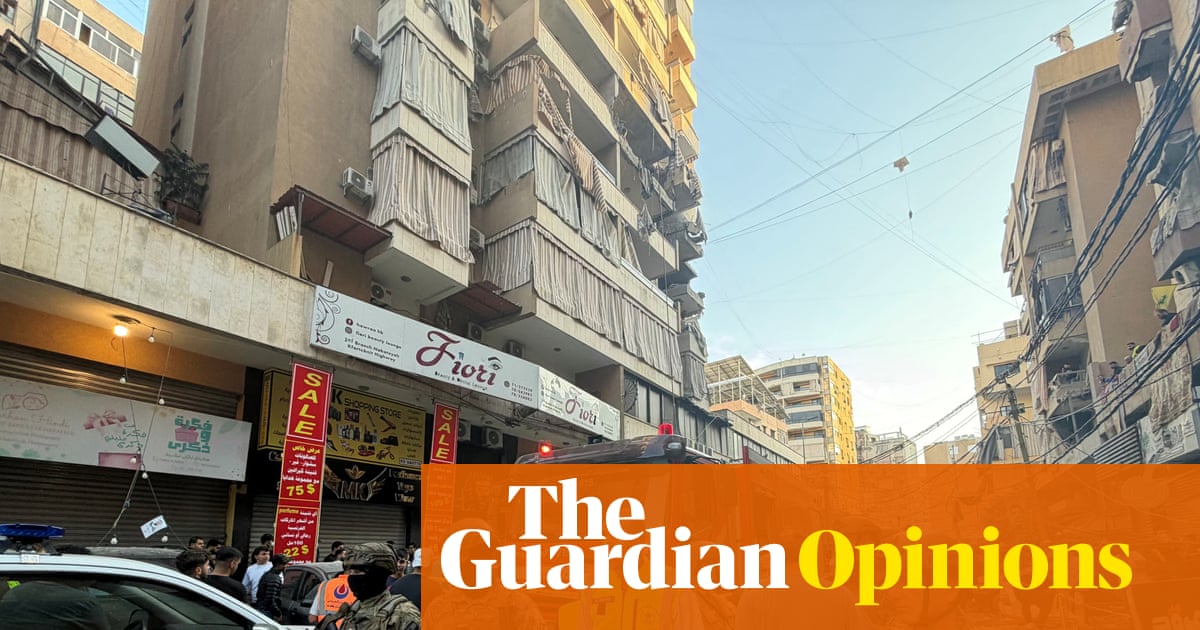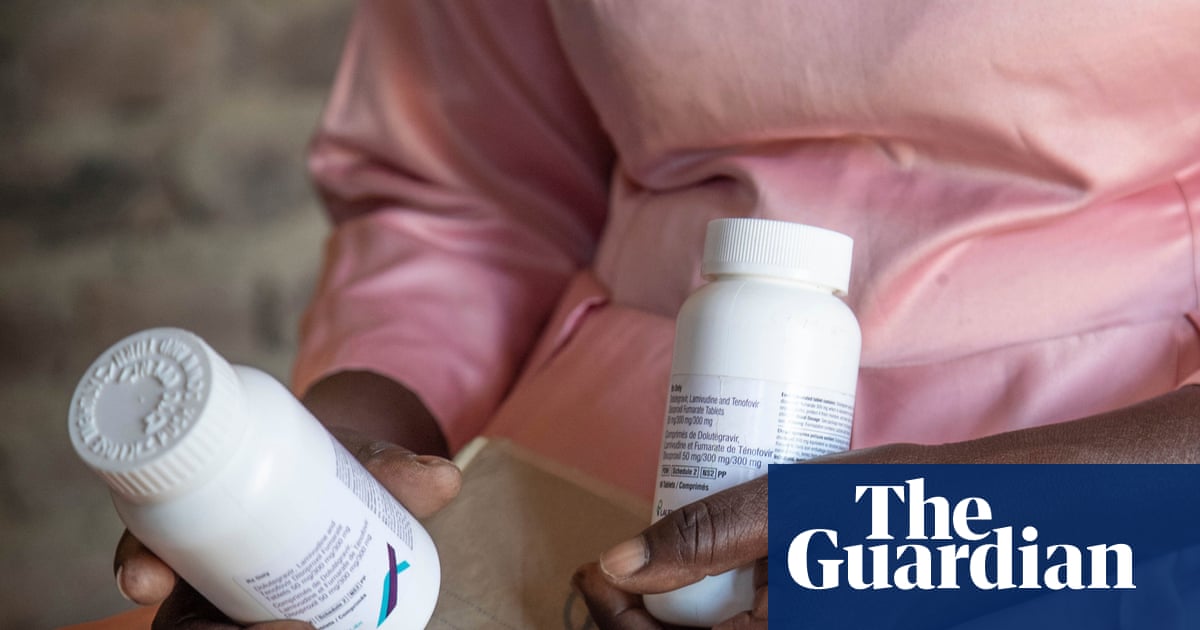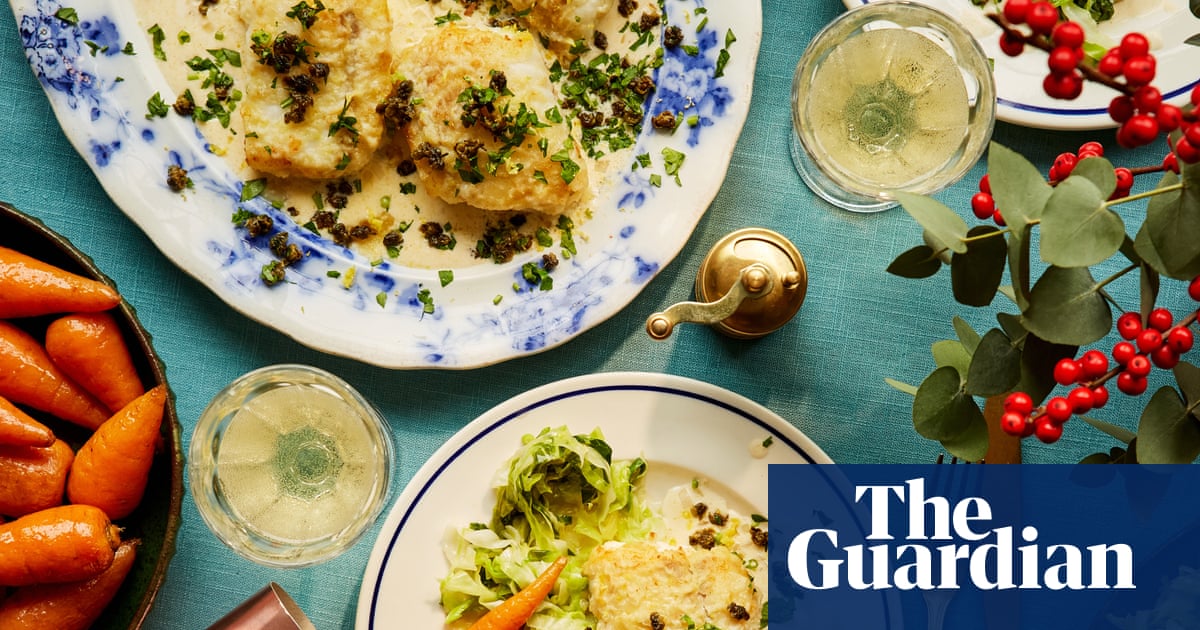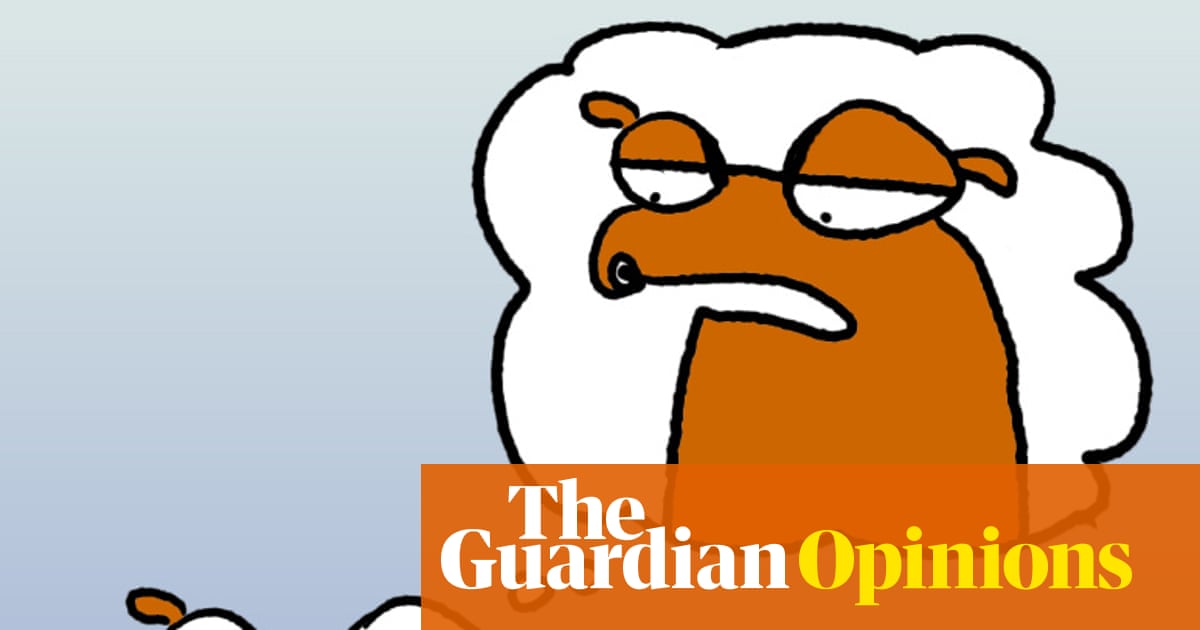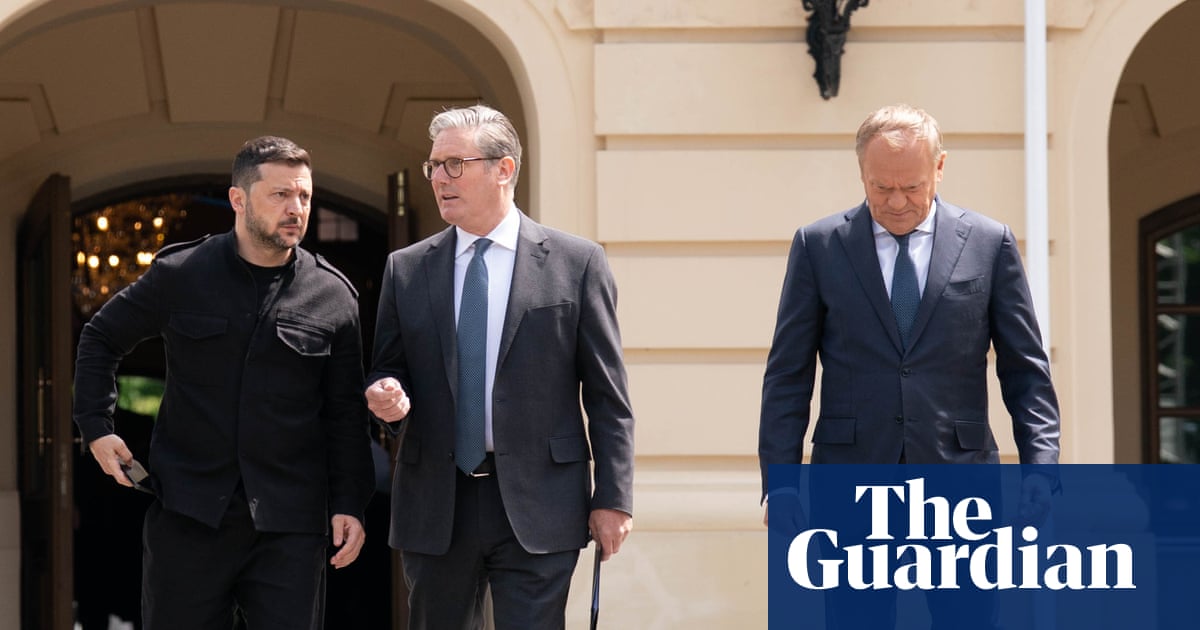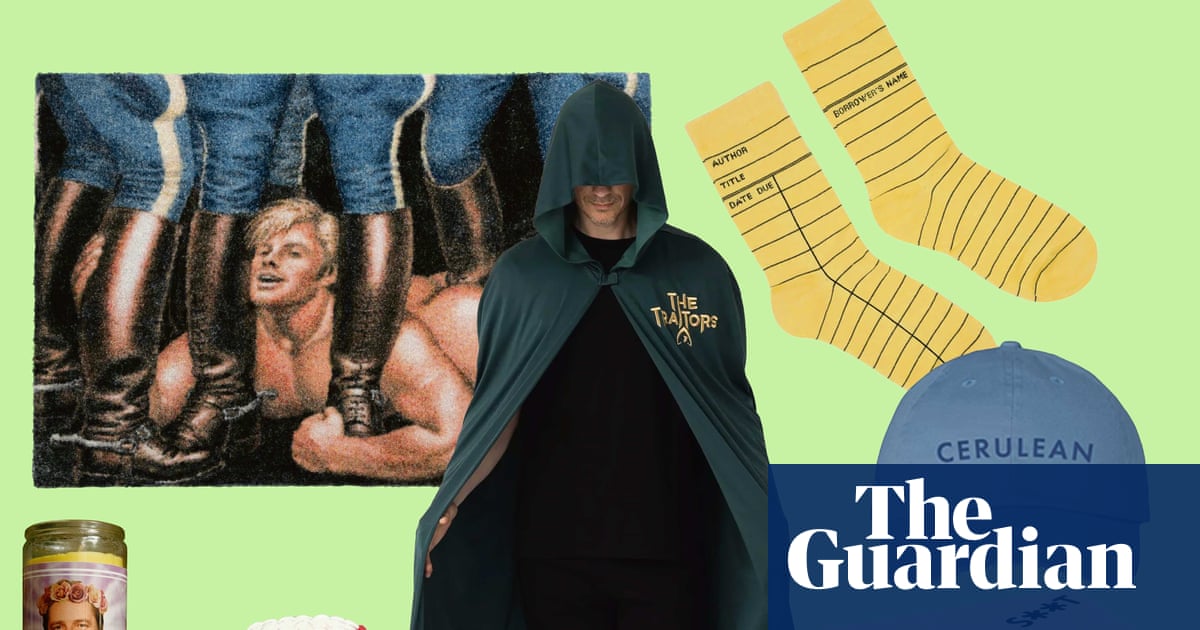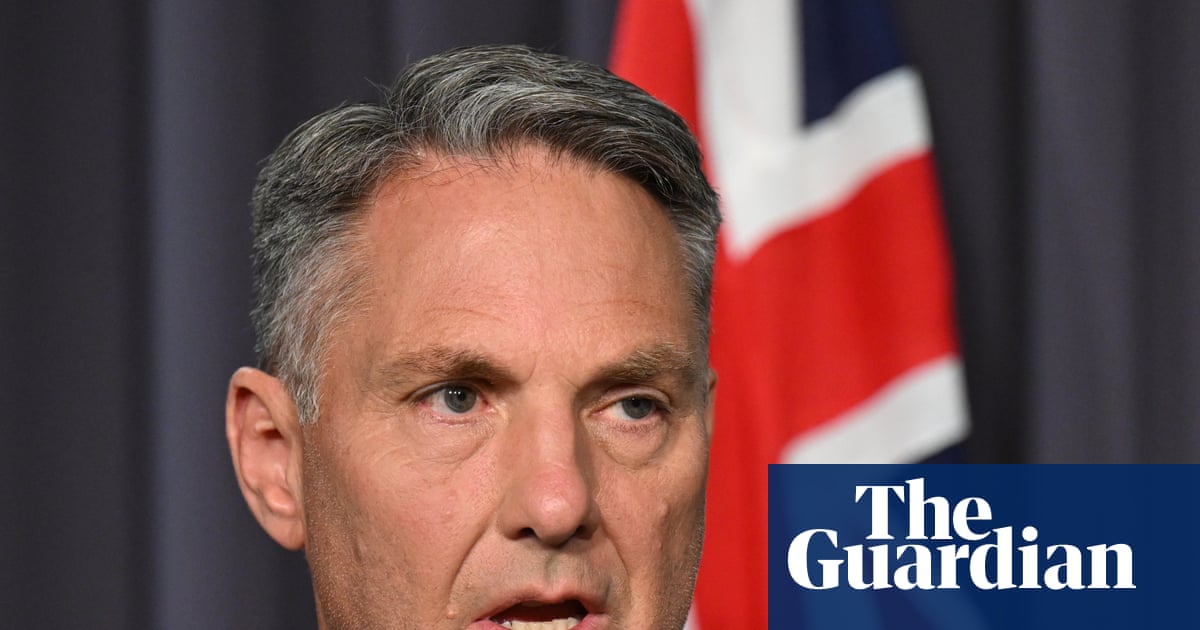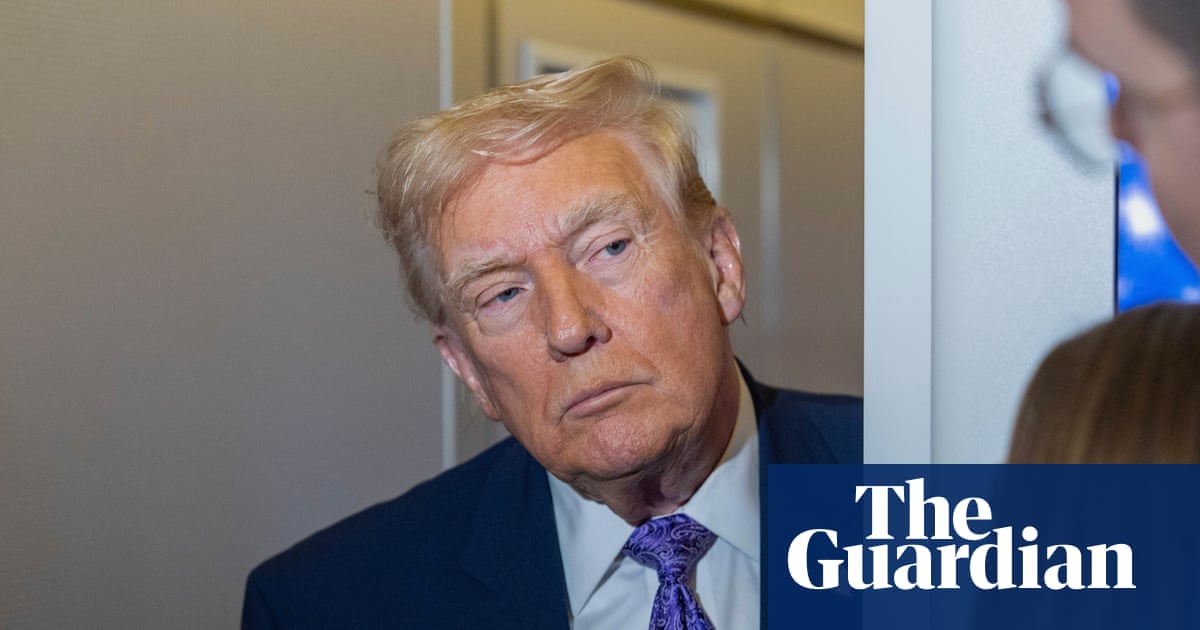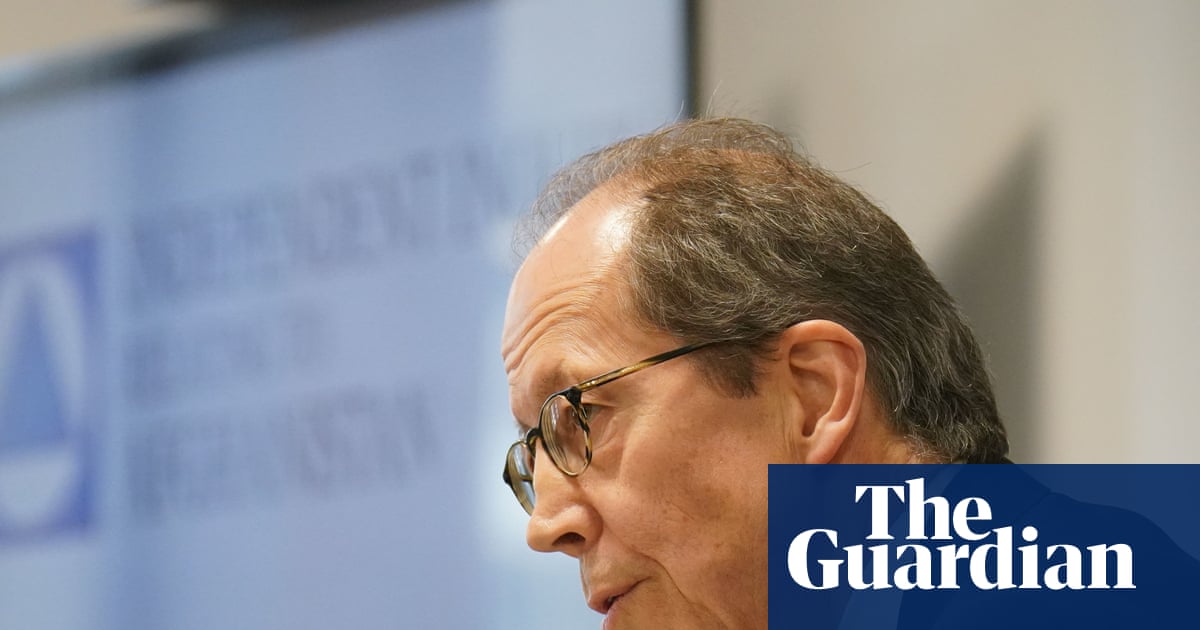Key events Show key events only Please turn on JavaScript to use this feature
Kingsmill owner and Hovis toast takeover deal
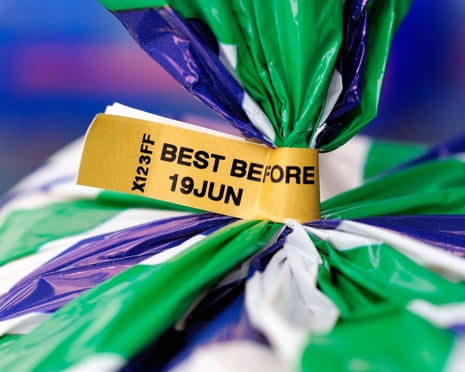
The owner of Kingsmill has agreed to buy its rival bakery business Hovis, in a deal that could make the biggest bread brand in the country if it gets the green light from regulators.
Associated British Foods, a FTSE 100 company which also owns the retailer Primark, has agreed to buy Hovis from the private equity firm Endless.
The deal between the second and third biggest bread brands in the country is expected to draw attention from the Competition and Markets Authority.
Both companies have struggled recently against Warburtons, the biggest brand in the sector. Revenue at Hovis dropped almost 9% to £447m in the year to 28 September 2024, with pre-tax losses widening to £4.7m, compared with a loss of £3.6m the year prior. That included £530,000 in one-off costs, largely related to restructuring.
ABF’s bakery division, Allied Bakeries (which includes Kingsmill, Allinson’s and Sunblest) made an annual loss about £30m despite sales of about £400m last year, according to analysts at the broker Panmure Liberum.
ABF said the deal will combine the production and distribution activities of Allied Bakeries and Hovis, which would create cost savings and efficiencies, so it would turn into a “profitable UK bread business that is sustainable over the long term”.
George Weston, ABF’s chief executive, said:
This transaction will create a UK bakeries business that is both profitable and sustainable over the long term. Supporting the Hovis and Kingsmill brands with well-invested and efficient operations will also enable innovation and growth. This solution will create value for shareholders, provide greater choice for consumers and increase efficiencies for customers.
Introduction: Chinese economy slows as Trump tariffs bite
Good morning, and welcome to our rolling coverage of business, the financial markets and the world economy.
New data suggest the Chinese economy slowed in July, as Donald Trump’s trade war began to bite at the second biggest economy in the world.
Figures coming out of Beijing last night showed that Chinese industrial production rose at the slowest rate since November and expanded by 5.7% compared with the same point last year, worse than an expected 6%.
Meanwhile Chinese retail sales grew by 3.7% year-on-year in July, its slowest pace so far this year and down from 4.8% the previous month.
Yuhan Zhang, principal economist at The Conference Board’s China Center, said:
Firms may be running on existing capacity rather than building new plants…The July industrial value-add breakdown tells a more nuanced story than the weak fixed asset investment headline.
He pointed to China’s automobile manufacturing, railway, shipbuilding, aerospace and other transport equipment industries as “outliers (that) indicate policy-driven, high-tech and strategic sectors are still attracting substantial capital.”
The Chinese CSI 300 stock index rose 0.8% after the release of the economic data, as it fed speculation that Beijing could introduce fresh stimulus in the market.
Meanwhile in the UK, the FTSE 100 blue chip share index is set to end the week at a new record high. It is poised to rise by 0.5% when the market opens at 8:00AM, led by gains in the finance and defence sectors.
The defence sector has been one of the best performers in London’s stock market, thanks to a wave of rearmament across much of Europe in the wake of the war in Ukraine.
All eyes will be on Alaska later today, when Vladimir Putin is set to meet Donald Trump. The US president has said he believes the Russian leader is ready to make a deal on the Ukraine war.
The agenda
-
8.00pm BST: Donald Trump and Vladimir Putin meet in Alaska

 3 months ago
48
3 months ago
48

